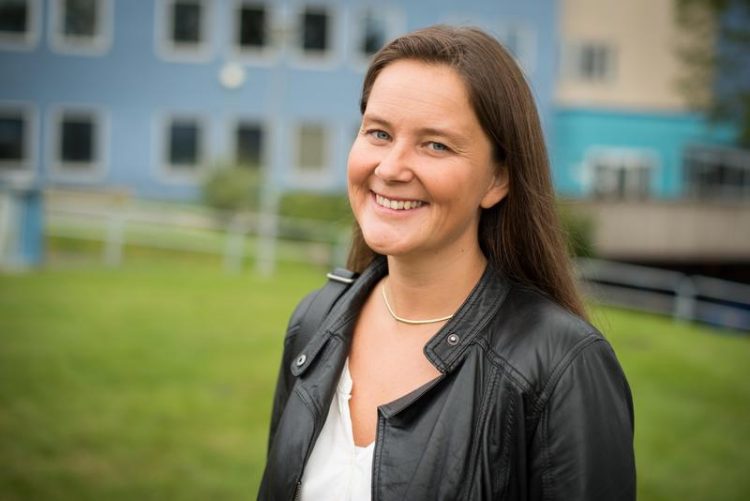Prosthetic and orthotic service in developing countries

Researcher Lina Magnusson Jönköping University, School of Health Sciences
“The supply of prosthetic and orthotic devices are affected by poverty and by cultural issues, such as attitudes towards people with disabilities. In order to improve services in developing countries, we need to identify obstacles and also factors that would facilitate the supply of prosthetic and orthotic devices. That's what I have done in my dissertation”, says Lina Magnusson.
Lina conducted her studies in Malawi, Sierra Leone and Pakistan. The results show that patients were generally able to walk on level ground but more than half had difficulties walking on uneven ground, climbing stairs and going up or down hills.
Patients in Malawi were more satisfied with the prosthetic and orthotic services provided than patients in Sierra Leone. In Sierra Leone, men were more satisfied than women in how the device affected their personal mobility and in their experience of the service.
“After having gone through the statistics available and reviewing handwritten patient records, I would estimate that approximately 20-25 percent of those who need prosthetic and orthotic services in Malawi and Sierra Leone have access to it. Of those, the majority of patients were using their prostheses or orthotic devices, although about half of the devices were broken and in need of repair. More than one third of patients also reported pain and wounds when they used their device”, says Lina Magnusson.
Lina Magnusson’s dissertation also shows that those working with provision of prostheses and orthoses experienced an inability to deliver high quality service. One obstacle is the government's ignorance and failure to prioritize rehabilitation services. The results also indicate that training for prosthetists/orthotists and prosthetic and orthotic technicians must be improved. The majority of developing countries, including Sierra Leone and Malawi, offer no formal prosthetic and orthotic education. The result of this is a shortage of trained personnel.
For more information, please contact Lina Magnusson, +46727400637 or Lina.Magnusson@hhj.hj.se
Pressofficer Maria Arpe, maria.arpe@hs.hj.se or +46-703 802 106
Weitere Informationen:
http://urn.kb.se/resolve?urn=urn:nbn:se:hj:diva-24973 Web link to the dissertation
Media Contact
All latest news from the category: Health and Medicine
This subject area encompasses research and studies in the field of human medicine.
Among the wide-ranging list of topics covered here are anesthesiology, anatomy, surgery, human genetics, hygiene and environmental medicine, internal medicine, neurology, pharmacology, physiology, urology and dental medicine.
Newest articles

Properties of new materials for microchips
… can now be measured well. Reseachers of Delft University of Technology demonstrated measuring performance properties of ultrathin silicon membranes. Making ever smaller and more powerful chips requires new ultrathin…

Floating solar’s potential
… to support sustainable development by addressing climate, water, and energy goals holistically. A new study published this week in Nature Energy raises the potential for floating solar photovoltaics (FPV)…

Skyrmions move at record speeds
… a step towards the computing of the future. An international research team led by scientists from the CNRS1 has discovered that the magnetic nanobubbles2 known as skyrmions can be…





















